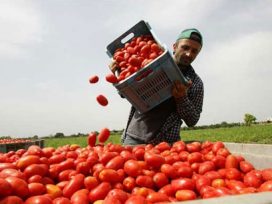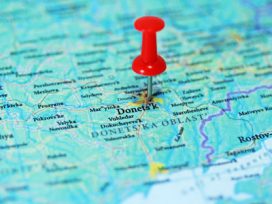
Europe's twin dangers
Normative disintegration, normative disengagement
Should anti-democratic populism continue to cast a shadow across the continent, Europe may well succumb to a creeping process of disintegration, warns Jan-Werner Müller. Now is the time for renewed political engagement, if Europe’s democracies are not to start slowly corroding from within.





